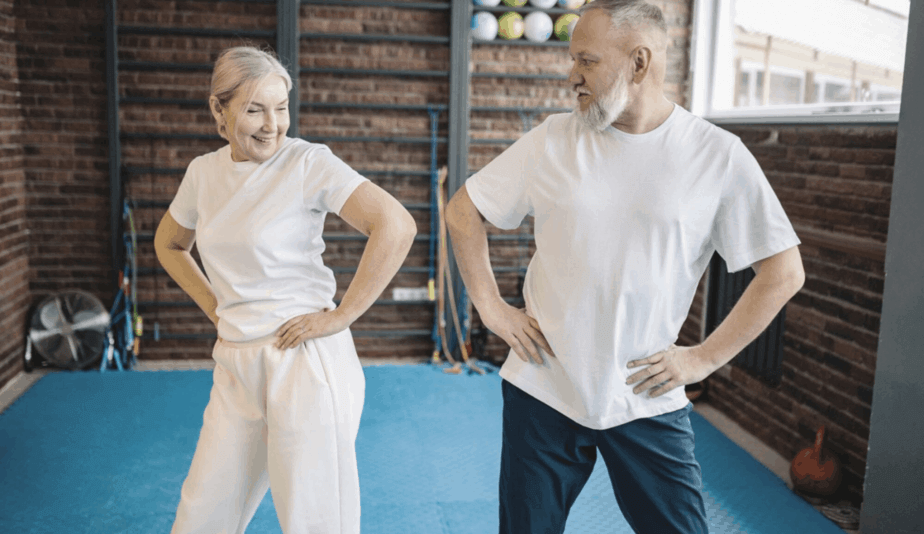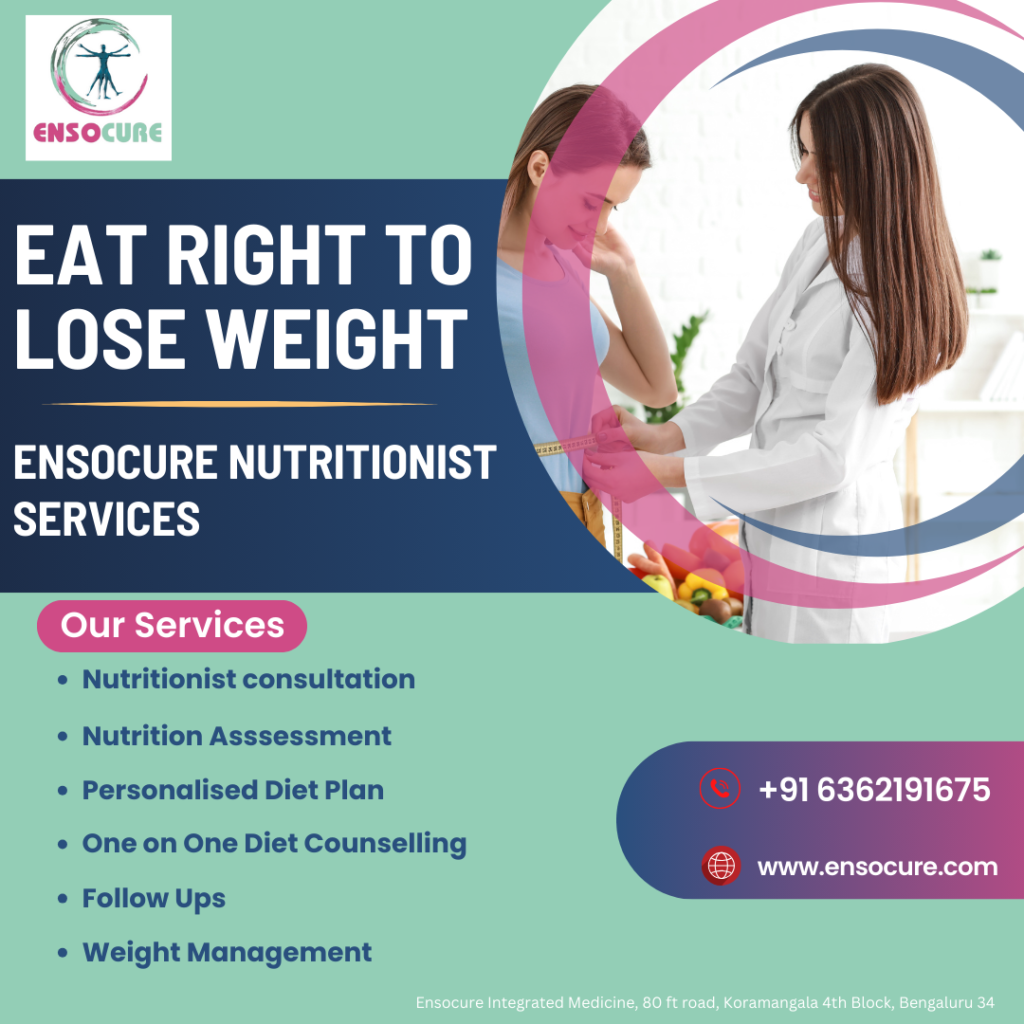You’ve reached fifty, but hey, there is no need to think old! You’ve just reached the prime of your life and you can look fit and fabulous at 50 just like you did when you were 40. There is no reason to think you cannot lose weight at 50 despite of the extra kilos you’ve been putting on lately. That’s aging, but aging doesn’t mean looking flabby and old, you could be fifty years young and here’s how to do it.

As you grow older, your body changes and is more susceptible to weight gain. After 35, you begin losing muscle mass at an average of 3-5% for every 10 years. This also influences how your body burns fat. However, age related sore muscles, metabolism shifts, and stiff joints, can all be countered with the help of low-impact workouts and diet tweaks that can help you lose weight after 50.
12 ways to lose weight after 50
1. Set Realistic Goals
When trying to lose weight after 50, it isn’t practical to convince yourself you’re going to lose 20 pounds in a week. Be honest with yourself, because such changes take courage and commitment. Set achievable goals by breaking them into smaller ones. Focus on the positive changes to remain motivated and committed to the process. Small triumphs will boost your courage and eventually amount to larger achievements.
2. Manage Stress
Chronic stress can contribute to weight gain and make it harder to lose weight after 50, especially after fifty. Stress promotes unhealthy behavior like binge eating with no inclination to exercise. Furthermore, stress also produces the hormone cortisol that puts you at risk of several health problems including poor mental well-being. Practice stress-reducing activities such as meditation, yoga, deep breathing exercises, or spending time in nature to promote relaxation and support weight loss. Stress is a good excuse to exercise because exercise reduces stress.
3. Chalk Out a Plan
When you try to lose weight after 50 you already know that fad diets don’t exactly work as well as they claim they do. Instead of cutting out fats, proteins, or complex carbohydrates, and crazy fasts, or cleanses, simply follow a medically supervised and clinically proven plan. Structured weight-loss plans or programs have a success rate of more than 75%, and more so if personal support and weekly check-ins are involved.
4. Focus on Strength Training
If you are new to working out and have never picked up a dumbbell in your life, then it would be wise to have a trainer supervise your exercises to avoid injury. The secret to losing weight when you are over 50 is by building muscle mass. By age fifty, you have 10-20% less muscle mass as compared to when you were 20. Muscle loss impacts the way you lose calories and less muscle mass means you burn fewer calories at rest.
To build muscle, you need to exercise with a correct balance of cardio and strength training like lifting weights. That is the same for both men and women. Strength training or resistance training is the key to building muscle, and it has several health benefits. Try to get around 2 to 3 strength training sessions a week, but avoid exercises not suited for you.
Strength training can include resistance bands, dumbbells and/or body weight to increase muscle for metabolic function and healthy weight management. Moreover, focus on exercises that target major muscle groups, and include as squats, lunges, and push-ups.
5. Go Easy on Your Joints
You cannot get a great workout when you experience tired joints. Sometimes, those with joint problems and chronic pain can find it difficult to exercise in which case water exercises are a good option as they are easy on the joints. In water, your caloric expenditure is 30% greater than on land because of the water resistance. If there isn’t a pool at your gym then do cycling, dancing, kayaking, or yoga as these are all effective low-impact cardiovascular exercises. Moreover, you can also perform exercises specifically to strengthen your joints.
6. Make sure that you get sufficient sleep
When you are 50, you don’t exactly have to be mindful about staying out late. However, hormonal changes from menopause and stress can give you insomnia and sleeping disorders bad for weight loss. Try to get a good 7-8 hours of sleep every night as this is the key to helping you lose weight. Without adequate sleep, the two hormones ghrelin and leptin responsible for regulating appetite tend to go into overdrive. This leads to snacking and unhealthy food choices due to excessive hunger making you gain weight rapidly.
7. Check Your Hormones
One big challenge to lose weight after 50 is hormonal changes in both men and women. For women it is hormonal changes due to menopause resulting in reduced levels of estrogen and increasing levels of androgens that cause weight gain especially around the abdomen. Men go through a hormonal shift called andropause where testosterone dips causing weight gain also around the waist. For those not leading a healthy lifestyle, this could also result in lower energy levels. Hormonal disorders cannot be rules out as well. For example, conditions like hypothyroidism can severely impact weight loss goals by increasing weight. It would be best to get a hormonal check up to ensure your levels are ok.
8. Prioritize Nutrition with Focus on Protein
As we age, our metabolism tends to slow down, making it essential to focus on nutrition and wholesome foods. Emphasize fruits, vegetables, whole grains, and healthy fats in your diet. Minimize processed foods, sugary snacks, and high-calorie beverages. Avoid snacking on junk food and refined carbs which are the main causes of weight gain, inflammation, and the risk of heart problems.
Getting enough protein is important when trying to lose weight, whereby building back muscle mass, and reversing the decline in metabolism. According to nutrition research, 30% to 40% should come from a good protein source, but do not eat your protein daily intake at one time. Spread it out across two or three meals according to your eating patterns. If you can’t get protein from food, considering a good protein supplement will help, although ensure you drink enough water.
Good sources of non-vegetarian protein include: Lean meats and fish, beans, eggs, and low-fat dairy.
Good Sources of vegetarian Protein include : Chickpeas, tofu, lentils, beans, quinoa, cottage cheese and nuts.
9. Cut down Calories
Your body is not the same as it was when you were 30, which is why your metabolism has changed as well. Once you cross 50, you will be burning about 200 calories lesser, each day. This means, while you burned around 2400-3000 calories daily when 30, at fifty you will be burning 2000-2800 calories daily. The best way to get around this is by consuming 200-300 calories less.
It is advisable to use an online calorie counter to calculate your calorie burn rate considering your gender, age, weight, size, and activity level. This could also help you figure out how much to eat daily. Avoid fad diets that restrict you to 1,600 calories or less as this could deprive you of important nutrients, feel hungry and increase muscle loss. If such things confuse you, it is wise to consult a dietician to create a healthy eating plan for you. Consider cutting calories with 50% nutrition cuts and 50% through exercise daily
10. Stay Hydrated
Drink plenty of water throughout the day to stay hydrated and support your weight loss efforts. Sometimes, feelings of hunger can be a sign of thirst. Drinking water creates a condition called thermogenesis in your body which brings down the liquid to body temperature. The process requires energy, and yes, you guessed it, drinking water also burns calories and boosts your metabolism too. Incidentally, drinking water also regulates blood pressure, so that’s a plus point for those with blood pressure issues. Fluids are also important for converting protein and carbs to usable energy so aim to drink at least eight glasses of water daily, but avoid sugary drinks and alcohol.
11. Check your Medications
There are some drugs including beta blockers, and type 2 diabetes that can lead to weight gain. There are also medications like hormonal treatments, steroids and antidepressants that also cause an increase in weight. The longer you’re on these meds, the more your body stores larger and stubborn fat cells. In such a case where your meds are proving a real challenge to your weight loss goals, consult your doctor for individual weight management options and alternatives that might not lead to weight gain.
12. Consult Your Doctor and Dietician to Lose Weight after Fifty
After celebrating your turning of a half-century, the next stop should be the doctor’s office or a dietician. A doctor along with a dietician can assess your current state of health and address any health problems that could be affecting your weight such as sleep apnea or pre-diabetes. Moreover, for any diet and weight loss plan, baseline data like body fat percentage, blood pressure, cholesterol levels and blood glucose levels are extremely important to create a safe and sustainable weight loss plan regardless of age. While a dietician can help create a diet plan in line with your training and lifestyle. Joining a gym or consulting a trainer would be a bonus.

Rather than spend your time hunting around for three separate fields of expertise, it pays to invest in a health care plan like those offered by Ensocure Integrated Medicine or simply find an Ensocure clinic to subscribe and gain access to a general physician, a nutritionist, and physio under one roof. Ensocure Obesity Management Clinic offers services for those trying to lose weight with diet plans and health checks to ensure no underlying conditions exits to prevent your weight loss goals. Losing weight after fifty isn’t hard, you just need to find the right route and you’re there.

